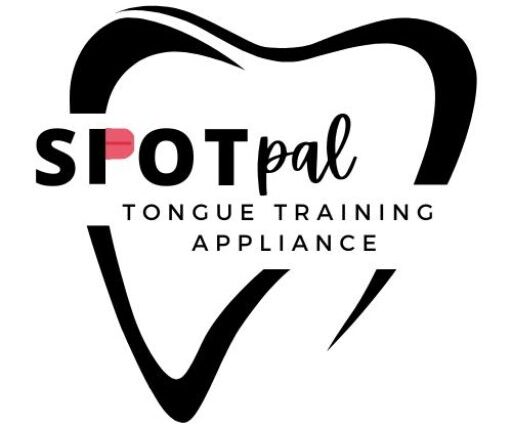What is a tongue thrust?
A tongue thrust, also known as an orofacial myofunctional disorder (OMD), is a condition where the tongue protrudes or pushes against the front teeth when swallowing, speaking, or at rest. This can cause dental and speech problems, and can also impact sleep and overall oral health.
Tongue thrusts are often caused by habits formed during childhood, such as thumb sucking or prolonged use of pacifiers or bottles. Other contributing factors may include a narrow palate, large tongue, or breathing through the mouth instead of the nose.
If left untreated, tongue thrusts can cause a range of problems, including:
- Malocclusion: The constant pressure of the tongue against the teeth can cause them to shift or become misaligned, leading to bite problems and potential speech difficulties.
- Speech problems: Tongue thrusts can affect speech by causing lisping, slurring, or difficulty pronouncing certain sounds.
- Poor oral hygiene: The constant pressure of the tongue against the teeth can also lead to dental problems such as cavities, gum disease, and bad breath.
- TMJ problems: Tongue thrusts can put extra strain on the jaw joint, leading to pain and discomfort.
Fortunately, tongue thrusts can be treated through a combination of therapeutic exercises, behavioral modification, and/or dental/orthodontic treatment. Treatment may include exercises to help retrain the tongue to rest in the correct position, as well as speech therapy to address any speech problems caused by the condition. Orthodontic treatment such as braces or dental growth appliances may also be recommended to correct any dental problems caused by the condition.
It’s important to seek treatment for tongue thrusts as soon as possible, as early intervention can help prevent potential long-term problems. If you suspect you or your child may have a tongue thrust, consult with a dental or speech/myofunctional professional for an evaluation and personalized treatment plan.
